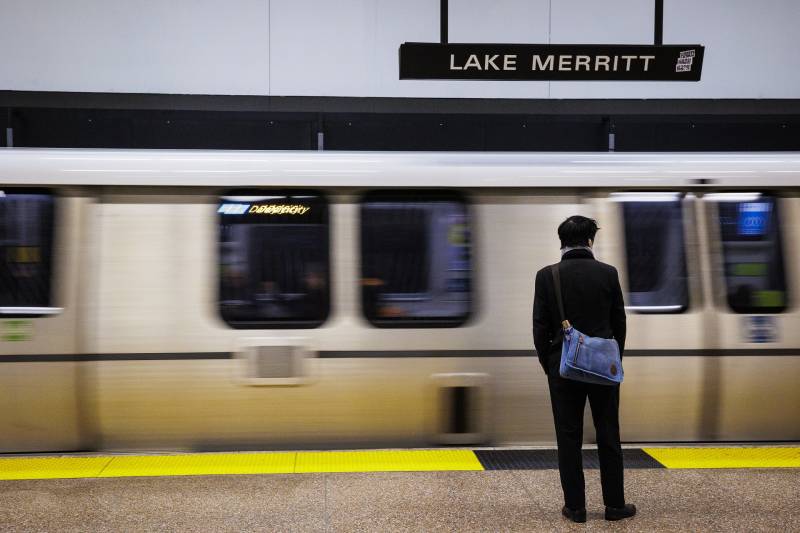The latest disruptions come at an especially sensitive time for BART, which is joining with other transit operators in a campaign to craft a 2026 tax measure that would help the agencies head off a fiscal catastrophe resulting from fare revenue lost in the wake of the COVID-19 pandemic.
Facing annual deficits of more than $350 million a year starting in July 2026, BART has said it would consider cutting some lines, reducing service hours and closing some stations if it doesn’t identify new sources of revenue.
In an email last week to a new Metropolitan Transportation Commission committee charged with crafting the tax proposal, BART General Manager Bob Powers highlighted the ambitious program of service improvements the agency has undertaken in response to long-standing rider complaints about service reliability, crime, cleanliness, fare evasion and the growing presence of people on the system suffering various modes of crisis.
Those improvements are partly driven by demands from state lawmakers, who agreed to approve emergency operating funds for BART and other agencies on the condition they address concerns about their service.
BART’s efforts have included increasing police presence, hiring crisis intervention specialists, rolling out new fare gates, a focused effort to keep trains and stations clean, a customer-friendly night and weekend schedule and operating all of its service with its new generation of train cars. The agency has even hired attendants at its busiest stations to ensure clean restrooms are available for customers.
But those efforts don’t appear to be luring customers back to the system, largely because of the continuing pandemic-driven shift in work habits. BART ridership has returned to just 43% of its 2019 level, and that growth has slowed dramatically in the past year.
In a Monday afternoon meeting of transportation agency executives, Powers warned that without a workable tax measure, BART would be forced to consider service reductions that would be felt throughout the region.
“I’m well on the way to do a Plan B and a Plan C,” Powers said. “… Nobody’s going to like my Plan B. … It’s going to impact every single person around this table one way or the other. And my Plan C is going to be catastrophic for many people around this table.”
